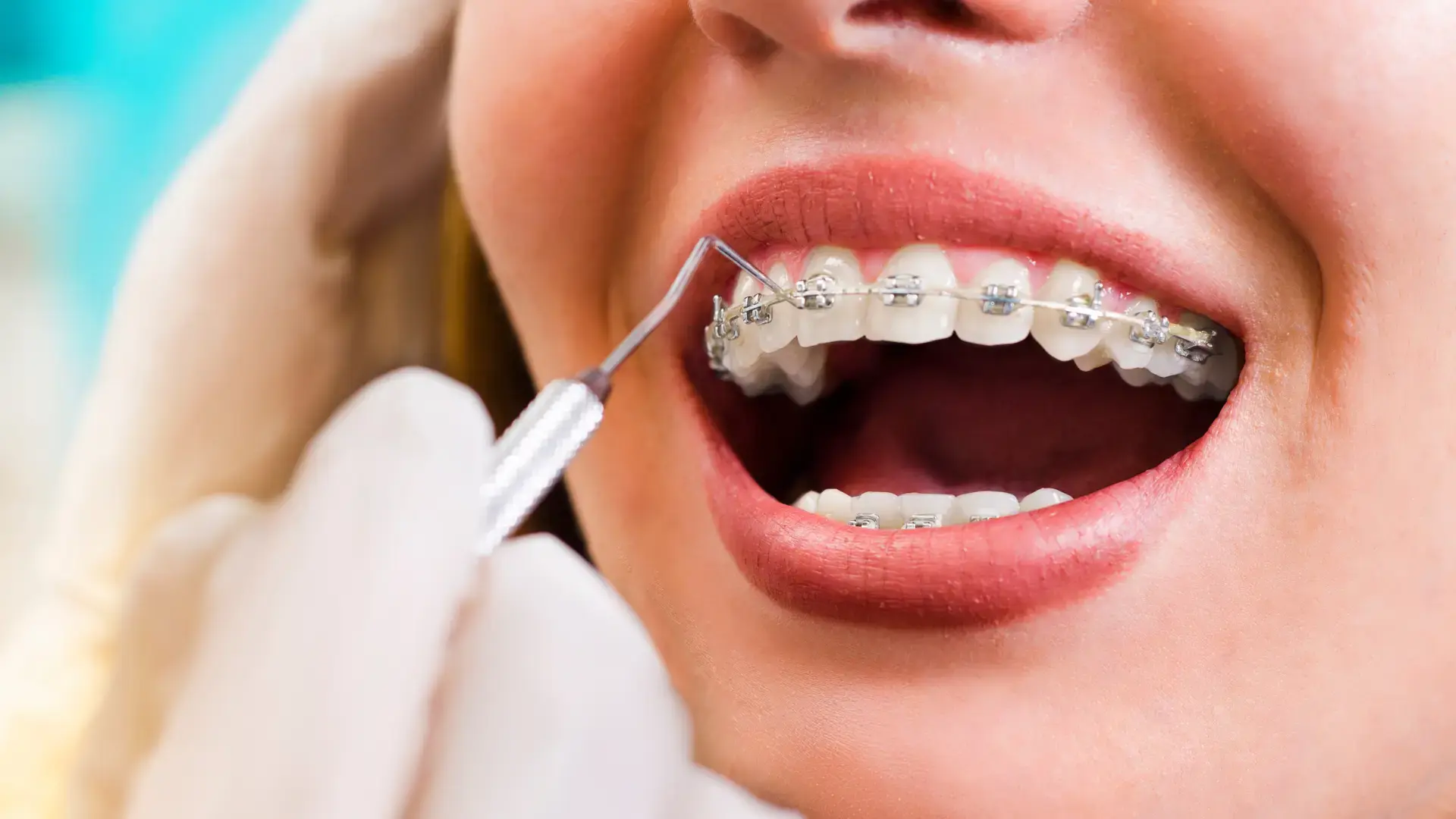Striking a Healthy Balance: Diabetes, Dental Health, and Whole-Body Wellness

Summarize with AI
Each November, National Diabetes Month draws global attention to the millions living with this chronic condition. Although diabetes is often linked to blood sugar issues and nerve complications, its significant effects on oral health are less commonly recognized. This month, let’s explore the important connection between diabetes and the well-being of your teeth and gums.
Beyond Blood Sugar: How Diabetes & Oral Health Intersect
Diabetes is a complex metabolic disorder characterized by the body’s inability to produce enough insulin or effectively use the insulin to regulate blood sugar levels. When blood sugar levels remain consistently high, it can lead to a multitude of health complications, one of which involves oral health. Conversely, poor oral health can exacerbate diabetic conditions, contributing to a range of health concerns.
Diabetes Increases Your Risk for Dental Issues
Gum Disease: The most significant oral health concern for diabetics is periodontal disease or gum disease. Elevated blood sugar levels increase the risk of bacterial infections in the mouth, which can lead to inflamed gums, a condition known as gingivitis. If left untreated, it can progress to periodontitis, a severe form of gum disease that damages the soft tissue and bone supporting the teeth.
Dry Mouth: Diabetics often complain of xerostomia or “dry mouth.” A decrease in saliva production not only causes discomfort but also increases the risk of tooth decay, as saliva acts as a natural cleanser for the mouth.
Fungal Infections: People with diabetes are more susceptible to fungal infections like oral thrush, characterized by painful white patches inside the mouth.
Tooth Decay: Elevated blood sugar levels can lead to increased glucose in the saliva, providing a breeding ground for harmful bacteria that produce acids, eventually leading to tooth decay.
Dental Issues Can Exacerbate Diabetes Symptoms
Blood Sugar Spikes: Infections, including those in the mouth, can lead to increased resistance to insulin, making it challenging for diabetics to control their blood sugar levels.
Chronic Inflammation: Severe gum disease can lead to chronic inflammation, further worsening insulin resistance.
Prevention and Care – A Holistic Approach
Understanding the profound relationship between diabetes and oral health necessitates a holistic, well-rounded approach toward prevention and care. Here’s a detailed, comprehensive strategy that you can seamlessly integrate into your daily routine:
Regular Dental Check-ups: Regular dental visits, ideally every six months, are pivotal. During these visits, your dentist can detect early signs of potential oral health problems and professionally clean your teeth to keep them looking their best. This cleaning goes beyond what daily brushing and flossing can achieve, ensuring hardened plaque or tartar is removed, which reduces your risk of gum diseases.
Oral Hygiene: Daily dental hygiene practices play a vital role in maintaining good oral health. Brushing your teeth twice a day using fluoride toothpaste ensures effective removal of food particles and bacteria. Flossing, often an overlooked step, helps remove debris from between your teeth, reducing the risk of cavities and gum disease. Additionally, rinsing with an antiseptic mouthwash can further eliminate bacteria, safeguarding your mouth from plaque build-up and offering the added advantage of fighting bad breath.
Control Blood Sugar Levels: It is imperative to monitor your blood sugar levels consistently. Regular monitoring helps dictate necessary medications, diet, and exercise routines and reduces the risk of associated oral health complications. A balanced diet rich in whole grains, lean proteins, and vegetables while limiting sugary snacks and beverages can also aid in this endeavor.
Stay Hydrated: The importance of hydration cannot be overstated. Drinking ample water throughout the day improves saliva production and combats dry mouth. Caffeinated drinks are tempting, but unfortunately, they can also contribute to dry mouth. Opting for herbal teas or plain water can help keep your mouth healthy.
Quit Smoking: Smoking is detrimental to your oral health. It not only reduces blood flow to the gums, increasing the risk of gum diseases, but also delays the natural healing processes of the mouth. While quitting smoking can be a challenge, it’s essential for those with diabetes. Consider seeking counseling, exploring nicotine replacement therapies, or even joining support groups to aid in this life-changing decision.
Educate Yourself: Knowledge is power. Staying informed about the intricate connection between diabetes and oral health can motivate people to adopt and maintain better dental care habits. Whether attending workshops, reading up-to-date articles, or engaging in discussions with healthcare professionals, staying informed can make a significant difference in managing both diabetes and dental health.
Empower Yourself This November
Awareness is empowerment. During National Diabetes Month, we want you to be aware of the silent yet profound implications diabetes can have on your oral health. Being proactive, adopting preventive measures, and seeking professional dental care can not only safeguard your teeth and gums but can also play a pivotal role in managing diabetes.
The mouth is a mirror to your overall health, reflecting underlying medical conditions often before they manifest elsewhere. Given the strong association between diabetes and dental health, regular dental consultations are highly recommended for diabetics.
Your Dental Health Matters
As we commemorate National Diabetes Month, we urge you to prioritize your oral health. Book a consultation with our expert dentists today and take a step toward ensuring a healthier smile and a healthier you. Together, we can tackle diabetes and dental challenges hand-in-hand.


